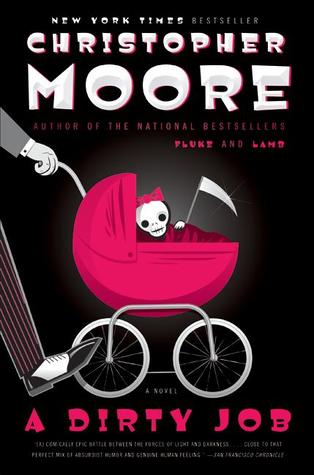Penguin f****** classics and their listings on Amazon.
I originally didn't reply to this b/c I figured it was too involved and boring, and extremely nerdy, but I was looking to buy Livy's Ab Urbe Condita Libri.
Since many of the original books/chapters have been lost, resulting in significant gaps in the narrative of the text, and because the work is huge, it's apparently become a custom/money-making strategy to publish the work in separate volumes.
It seems the only current (affordable) editions of this are from Penguin Classics and Oxford World's Classics. The first 3 volumes of both seem similar enough, but while the 4th volume of the Penguin edition contains the final books 31-45, it's corresponding Oxford analogue of these same books takes up two volumes, Volumes 4 and 5, comprising books 31-40 and 41-45 respectively.
The fact that it took Oxford 1088 pages to accomplish in these final two volumes what Penguin did in 704 pages and one volume is suspicious, although it could just be essays or something, IDK. The page numbers of the first 3 volumes in either series more or less match.
So all this leads me to believe that the 4th volume of the Penguin version has been abridged, although I can't for the life of me find any confirmation of this besides a few puzzled reviews on Amazon, which aren't the most reliable source of information and who mostly seem as confused as I am.
Being that some of the extant chapters themselves have lacunae, it makes the task of finding what is abridged and what isn't significant, particularly when publishes aren't really forthcoming about it. According to a reviewer, Penguin has used the really ambiguous phrase "There are some cuts in the text, but it follows the main narrative." in a footnote at certain points. Whether this indicates an abridgement or a lacuna in the text is anyone's guess. People in the Amazon comments seem to think abridgement, although this is not indicated anywhere by Penguin.
And what's worse, if the 4th volume has indeed been abridged in this manner, it casts a doubt on the preceding 3 volumes as well.
I know the old cardinal rule of thumb "it's abridged if it says it is, if it says nothing then it isn't" used to work, but it's a trickier rule to go by when looking at stuff on the internet.
I have this sort of problem with Penguin often when they publish "selections" from an authors work under various titles. For example they'll take something like Plutarch's Moralia, pick like only 10 out of the original 78 writings, and then publish it as "Essays", and then not indicate anywhere that it's a selection. And so while it's not technically an abridgement, it's also not technically anything worth buying. They create this weird maze of abridgements, selections, and editions, and it's all just really annoying.








